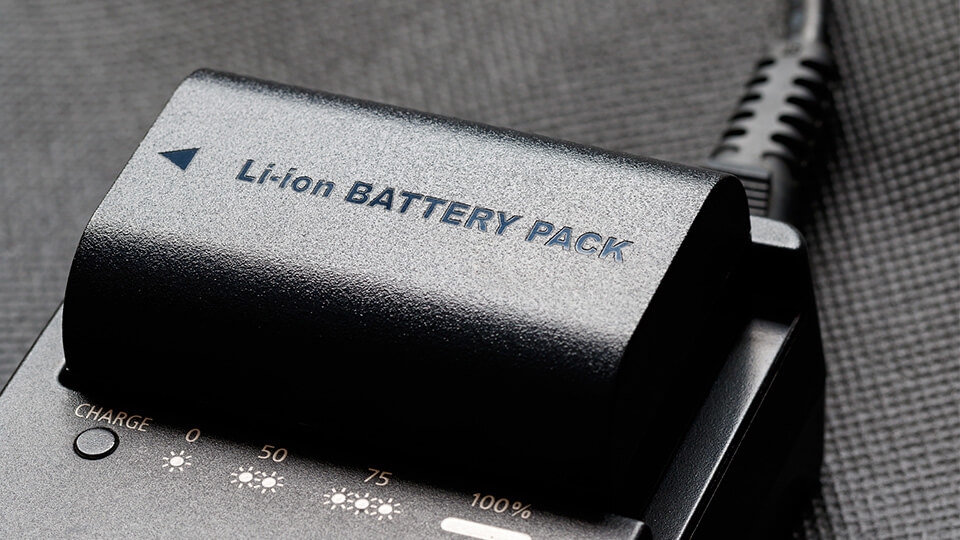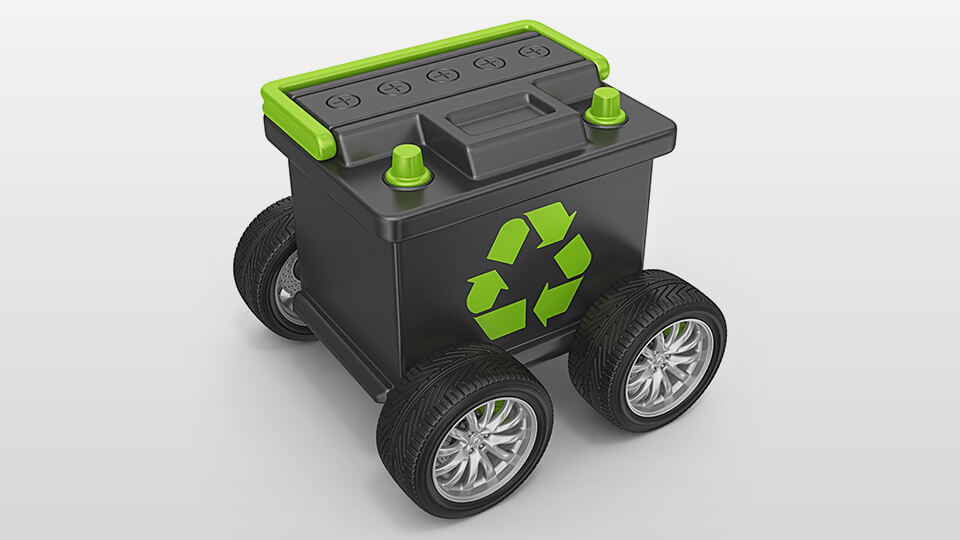You probably know that it’s a good idea to recycle your spent batteries, but are you aware of the many benefits resulting from battery recycling?
The Australian Battery Recycling Initiative has put together a list that’s worth keeping in mind every time you’re faced with the choice of recycling your old batteries or disposing of them in the rubbish bin.
Here are some of the key reasons why recycling should be the only option.
1. Recover non-renewable resources
Our growing use of batteries mean that more raw materials are being mined, processed, turned into batteries and then into waste.
These materials include the metals lead, cadmium, nickel, steel, zinc, mercury, cobalt, lithium, silver and manganese plus, in some battery types, rare earth elements.
These metals are not renewable, but they are infinitely recyclable.
Dumping them in landfill means they are no longer available for use, whereas recycling them allows these materials to continue to deliver economic benefits to us.
2. Keep harmful materials out of the environment
Many of the metals listed in the previous point are, unfortunately, harmful to the environment and to human health.
Perhaps most famously, mercury is a cause of both historic and ongoing mercury poisoning. Lead and cadmium are also amongst the more dangerous of environmental pollutants.
When disposed of in landfill, batteries break down. The toxic materials can then leach out of the landfill and into waterways and the ocean. In fact, the mercury in the batteries you discard can end up back on your dinner plate!
Recycling is the economically and environmentally sensible way to solve this problem.
3. Ensure spent batteries are kept safe
Relative to the vast numbers of batteries in use, battery explosions and fires are relatively rare. However, they can occur and fires in waste facilities can be very hard to extinguish.
Some types of lithium battery are more likely to cause fires than others, but all batteries need to be treated with respect if they are damaged or exposed to heat. Proper storage and handling can minimise the fire and explosion risk.
The other major safety issue with batteries relates to small button cells. These can easily be swallowed by small children and cause severe injuries or even death. They should be stored safely and deposited at a battery recycling collection point as quickly as possible.
4. Meet increased demand for recycling
According to research conducted by IPSOS in 2014, 77% of consumers agree that it is important to recycle batteries rather than simply dump them.
This is great news for future recycling efforts, as it shows the willingness of the community to get behind battery recycling initiatives.
5. It’s incredibly easy to recycle batteries
Ensuring that we reap the benefits of battery recycling is easier than you may think. A growing number of retailers, including ALDI and IKEA, now accept batteries for recycling. Many council facilities also operate as battery collection points. You can find your nearest collection point at recyclingnearyou.com.au.
For workplaces that produce larger quantities of battery waste, recycling is even easier. All it takes is a phone call and we’ll send you a pre-paid battery collection bucket of a size that suits your organisation. When it’s full, give us another call and we’ll swap it for an empty one.
Too many batteries for a bucket? No problem. Our battery recycling solutions extend to wheelie bins, Nally bins and drums. No quantity is too large, and we recycle all types of batteries.
To get your workplace onto the battery recycling bandwagon give us a call on 1300 32 62 92 or fill out the form below and one of our battery recycling experts will recommend the solution that’s right for you.





